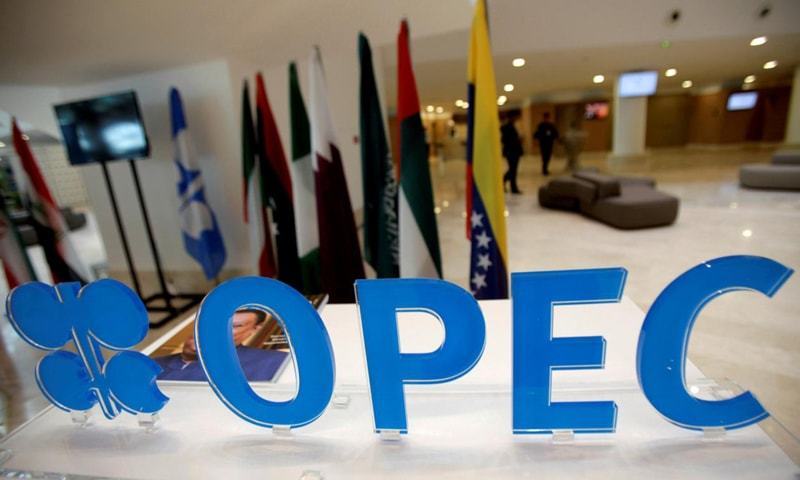
OPEC and its allies are poised to extend their oil supply cuts during a crucial meeting scheduled for Thursday, aimed at stabilizing crude prices in a global market flooded with oil. The virtual meeting comes after a delay caused by disagreements among member nations, raising questions about the group's ability to maintain its current production limits.
According to Commerzbank analyst Carsten Fritsch, "OPEC+ is expected to decide on Thursday to postpone the production increase for a further three months until the end of the first quarter." However, Fritsch noted that there are still uncertainties as some countries push to increase production levels. The meeting was originally set for Sunday but was delayed due to internal disagreements.
The OPEC+ group, comprising 23 countries, has been implementing voluntary additional production cuts of 2.2 million barrels per day, which are set to expire at the end of the year. Without a new agreement, these countries will begin to gradually ramp up output to return production levels to what they were in 2022.
Several members of the alliance, including Algeria, Iraq, Kazakhstan, Kuwait, Oman, Russia, Saudi Arabia, and the United Arab Emirates (UAE), have already postponed these production increases twice—once from October and again from December. The extension of the cuts is seen as necessary to prevent a significant drop in oil prices.
However, the cuts have had only a limited effect on the market. The International Energy Agency (IEA) warned last month that global oil supply will likely exceed demand by more than 1 million barrels per day next year, even if OPEC+ maintains its current restrictions. While OPEC+ countries are holding back around 6 million barrels of oil per day, including the 2.2 million barrels currently under discussion for release, global supply continues to outpace demand.
The U.S., under president-elect Donald Trump, is expected to implement policies that could increase domestic oil production, further complicating OPEC+'s efforts. Meanwhile, China's economic struggles have dampened its demand for oil, adding to the market's oversupply.